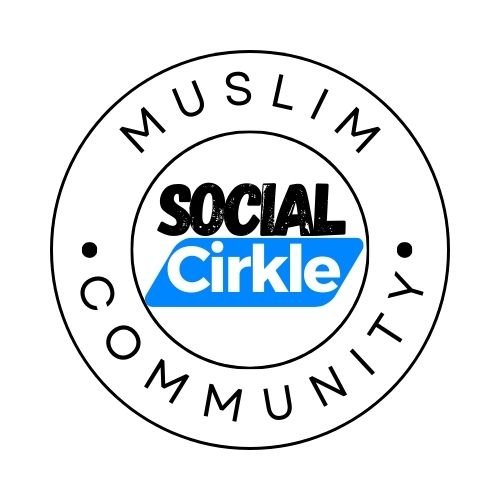“Texas has one of the highest rates of human trafficking in the nation, with Houston considered a major hub for both labour and sex trafficking.”
— Texas Human Trafficking Prevention Task Force Report
What is Human Trafficking?
Human trafficking involves the use of force, fraud, or coercion to exploit individuals for labour, services, or commercial sex. According to the U.S. Department of Homeland Security, it is not limited by age, gender, or nationality, and victims can be found in cities, suburbs, and rural areas alike. Unlike smuggling, which is typically consensual and involves transportation across borders, human trafficking is about exploitation, regardless of movement. There are two primary forms:
- Sex trafficking: Victims are manipulated or forced into sexual exploitation.
- Labour trafficking: Victims are compelled to work under unfair and inhumane conditions.
Why Human Trafficking Exists
Human trafficking exists primarily because it is a highly profitable crime driven by demand, particularly for cheap labour and illicit sex. Traffickers exploit the vulnerabilities of individuals who lack economic opportunities, social support, or legal protections. These victims, often desperate for a better life, become easy targets for those seeking to profit from their exploitation. Additionally, widespread corruption, weak law enforcement, and gaps in legal systems allow traffickers to operate with minimal risk, enabling this crime to thrive in many regions around the world.
Main Causes of Human Trafficking
Human trafficking thrives on systemic issues and societal failures. Some of the most common root causes include:
- Poverty and Unemployment: Desperate individuals may fall prey to false job offers or promises of a better life
- Lack of Education: Without access to education, people are less aware of their rights and more susceptible to exploitation
- Gender Inequality: Women and girls are disproportionately affected, especially in sex trafficking
- Weak Law Enforcement: Inadequate policing and prosecution allow traffickers to operate with impunity
- Online Grooming: The internet and social media platforms are increasingly used to lure victims
- Immigration and Conflict Zones: Refugees and undocumented migrants are especially vulnerable
Effects of Human Trafficking
The impacts of human trafficking are devastating and long-lasting, affecting individuals and entire communities.
- Physical and Emotional Trauma: Victims often suffer abuse, malnutrition, and untreated medical conditions
- Mental Health Disorders: PTSD, anxiety, and depression are common among survivors
- Societal Impact: Trafficking weakens social institutions, fuels corruption, and increases public safety risks
Economic Burden: Taxpayer money is spent on law enforcement, legal proceedings, and social services.

Human Trafficking in Texas
Texas plays a significant role in the national human trafficking crisis, largely due to its size, location near the U.S.-Mexico border, and extensive transportation networks. Major metropolitan areas such as Houston, Dallas, San Antonio, and Austin frequently report high numbers of trafficking cases. Houston, in particular, is recognised as one of the largest hubs for sex trafficking in the country, making the state a focal point for both law enforcement and advocacy efforts. Victims of trafficking in Texas are often forced to work in nail salons, restaurants, farms, and hotels under abusive and coercive conditions. In response, the Texas Attorney General’s Office has initiated task forces and launched awareness campaigns to combat the issue statewide.
Texas-Based Organisations for Help and Safety
Texas Human Trafficking Prevention Task Force
Website: Texas Human Trafficking Prevention Task Force
Operated by the Texas Attorney General’s Office, this task force coordinates anti-trafficking efforts across the state.
Houston Rescue and Restore Coalition (HRRC)
Website: HRRC Facebook Page
A coalition of nonprofits and community members focused on education, outreach, and victim support services in the Houston area.
SAFE Alliance (Austin)
Website: SAFE Alliance
24/7 SAFEline: Call 512.267.SAFE (7233) | Text 737.888.SAFE (7233) | Chat: www.safeaustin.org/chat
Administrative Contact: 512.369.5900
Mailing Address: P.O. Box 19454, Austin, TX 78760
SAFE provides shelter, counselling, legal aid, and advocacy for survivors of child abuse, sexual assault, trafficking, and domestic violence.
Mosaic Family Services (Dallas)
Website: Mosaic Family Services
Mosaic offers shelter, legal representation, counselling, and community education for survivors of human trafficking and domestic violence.
Conclusion
Human trafficking is a deeply disturbing crime that affects thousands in Texas and millions around the globe. It tears apart lives and communities, but awareness is the first step to prevention.
We must educate ourselves and others, report suspicious activities, and support organisations working on the front lines. Whether through volunteering, donating, or simply sharing accurate information, we each have the power to make a difference.
“The fight against human trafficking begins with awareness and ends with action. Silence is complicity.”





